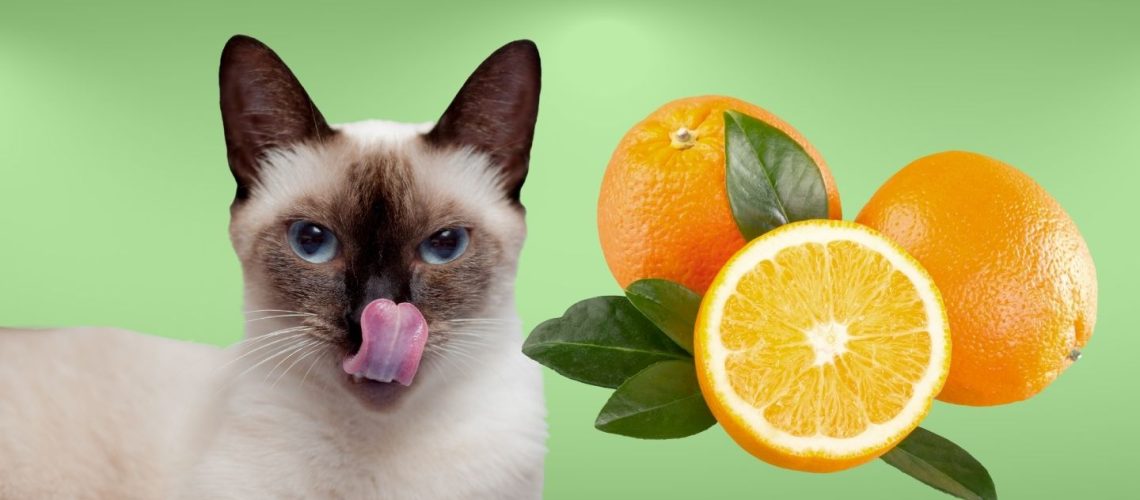Can Cats Eat Oranges? An In-Depth Look
Cats, as obligate carnivores, have very different dietary needs compared to humans. Their nutritional requirements include protein, taurine, and certain vitamins, which they obtain primarily from meat-based sources. Oranges, however, do not contribute to meeting these requirements and can be harmful to cats.
Understanding a Cat's Diet
Obligate Carnivores
Cats are classified as obligate carnivores, meaning they require a diet that is primarily composed of animal-based protein sources. They cannot obtain all the essential nutrients they need from plants or fruits, like oranges.
Nutritional Requirements
Cats have specific nutritional requirements that must be met for them to maintain optimal health. These include protein, taurine, essential fatty acids, vitamins, and minerals. While humans can obtain nutrients from a wide variety of sources, cats rely mainly on animal tissue to meet their nutritional needs.
Why Oranges are Harmful to Cats
Citrus Essential Oils
Oranges contain citrus essential oils, such as limonene and linalool, which can be harmful to cats. These essential oils can irritate a cat's digestive system, causing vomiting, diarrhea, and other signs of distress. In addition, exposure to these essential oils may cause neurological signs in cats.
Citrus Acids
The high levels of acid found in oranges can also irritate a cat's digestive system. This irritation can result in discomfort and potentially lead to gastrointestinal issues.
Seeds, Stems, and Peels
Orange seeds, stems, and peels can pose additional risks to cats. These parts of the fruit can be difficult for cats to digest and may cause blockages in their digestive tract or pose a choking hazard.
Allergic Reactions
Some cats may also have an allergic reaction to oranges, which can cause skin irritation, itching, and other issues.
Signs of Citrus Toxicity in Cats
If your cat consumes an orange or is exposed to the essential oils present in the fruit, watch for the following signs of citrus toxicity:
- Vomiting
- Diarrhea
- Excessive drooling
- Nervous signs, such as tremors or disorientation
Safe Alternatives for Cats
Commercial Cat Treats
It is recommended to offer commercial cat treats as a safe alternative for your feline friend. These treats are specifically designed to meet your cat's nutritional needs and pose no risks to their health.
Homemade Treats
Small pieces of cooked, unseasoned meat or fish can also be given to cats as treats. These options provide protein and the necessary nutrients for their diet without posing potential harm.
Foods to Avoid
Avoid giving your cats the following human foods, as they may be harmful to their health:
- Chocolate
- Onions
- Garlic
- Raisins and grapes
- Avocado
What to Do If Your Cat Eats an Orange
Monitoring Your Cat
If your cat consumes an orange or any part of the fruit, it is important to monitor their behavior for any signs of distress or illness. Keep an eye on them for several hours following the incident.
When to Contact a Veterinarian
If your cat exhibits any signs of citrus toxicity or experiences continuous gastrointestinal discomfort after consuming an orange, contact your veterinarian immediately for guidance on how to proceed.
Conclusion
In conclusion, although oranges may not be toxic to cats, they are not a suitable or beneficial addition to their diet. To ensure the health and well-being of your cat, stick to cat-specific treats and foods that support their nutritional needs.











